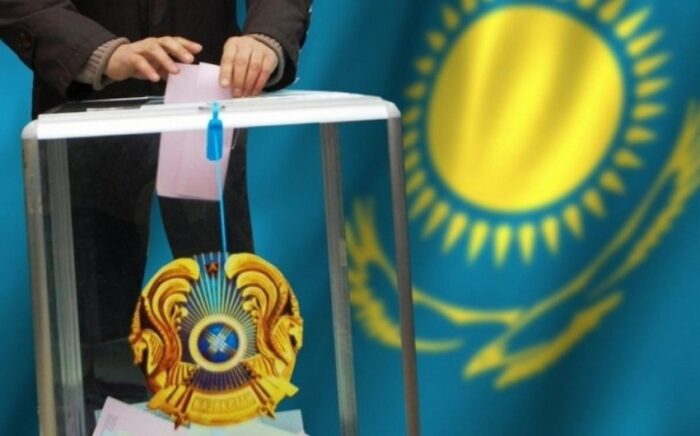ASTANA – Last month, Kazakhstan held first-ever pilot elections of akims (mayors) in districts and cities of regional significance. Kazakhstan Institute for Strategic Studies (KazISS) defined the historic event as an important step in the country’s political modernization, reported its press service on Dec. 13.

Photo credit: gov.kz.
As a result of the Nov. 5 elections, regional maslikhats (local governing bodies) approved a list of 42 districts and three cities of regional significance – Kurchatov, Priozersk, and Rudny. The voter turnout reached 62.79%, a figure that underscores a robust level of civil engagement. The average age of the elected candidates is 46.7 years.
The decision aligns with Kazakhstan’s democratic course, aimed at enhancing civic participation and decentralizing governance.
According to Amina Urpekova, the chief expert at the KazISS department for the studies on electoral processes, the voter turnout is a fairly high indicator given the fact that the elections are pilot and considering the 54.2% voter turnout in the last elections of deputies of the Mazhilis, the lower chamber of the Kazakh Parliament.
On top of that, the population demonstrates a continuing interest in participating in local elections as candidates. Overall, 242 people applied for participation in the pilot elections. Following the review on compliance with the legislation, 161 candidates were registered, constituting the average competition of 4 people.
At the same time, 89 of the 161 registered candidates were self-nominated, their share was approximately 55%.
Kazakhstan’s five regions – Aktobe, Turkistan, Almaty, Mangystau, and Zhetysu showed the highest activity.
Apart from boosting political activity and public engagement, pilot elections contributed to the development of the electoral system through the accumulation of experience in organizing and conducting large-scale regional electoral campaigns. On election day, 1,553 commissions were collecting citizens’ votes.
The expert noted that despite the positive outcome, the pilot elections have revealed the three key aspects for further improvement – female participation, youth engagement, and the political and legal literacy of the population.
Women participation should be promoted by respective stimulating state measures and through facilitating the work of political parties. The government should also focus on the increase of electoral activity at the local level among the younger generation. The elections also indicated the need to promote political and legal literacy of the population regarding the electoral process.
Two weeks ago, the international scientific and practical conference organized by the Human Rights Commissioner’s Office reviewed Kazakhstan’s human rights advancement, addressing the Nov. 5 elections as a pioneering and democratic practice in Central Asia.
